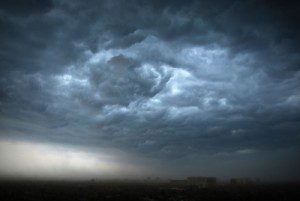 It’s Labor Day. Today seems like one of many holidays that has become a generic “holiday” without reference to its original purpose. Memorial Day and Labor Day mark the beginning and end of the summer season in the Northeast United States. You’re not supposed to wear white pants after today. I doubt many of us consider the significance of the holiday beyond that.
It’s Labor Day. Today seems like one of many holidays that has become a generic “holiday” without reference to its original purpose. Memorial Day and Labor Day mark the beginning and end of the summer season in the Northeast United States. You’re not supposed to wear white pants after today. I doubt many of us consider the significance of the holiday beyond that.
Labor Day celebrates the contributions (often of their lives) of American workers. It became a Federal Holiday in 1894 and was celebrated by most states before then. Is that what you’ll be contemplating today? Labor Day is a good time to think about our work in the world, what the Buddha called Right Livelihood. What efforts do we make? What service do we provide?
We are problem-solving animals. Our brains grew so large, in part, by successfully solving problems — where to find reliable sources of food, for instance. We are also manual creatures. We evolved using our hands to make tools, and to engage effectively with the world around us. Today, many of us have professions where we do not use our hands in meaningful ways (I don’t think moving a mouse and keyboard qualify).
What impact does the work we do have on the world? Is it beneficial for others? Is it harming others? Like speech and action, livelihood depends on context and intention. You could work for the greatest charity on the planet, but if you engage with your work with anger, rancor, and bitterness is it still right livelihood? You could be a butcher with love and compassion bursting from your heart. Is this not right livelihood?
It’s tempting to want certainty, neat categories that tell us what is OK and what is not. The world is much grayer than this. Mindfulness can help us to engage with life in ways that will be beneficial to others and ourselves.
Life can be praxis — the lived experience of practice. Life isn’t a theory; it is here right now. “What do we want to do today” and “how do we want to be today” are two questions that when brought together can help us towards right livelihood.

